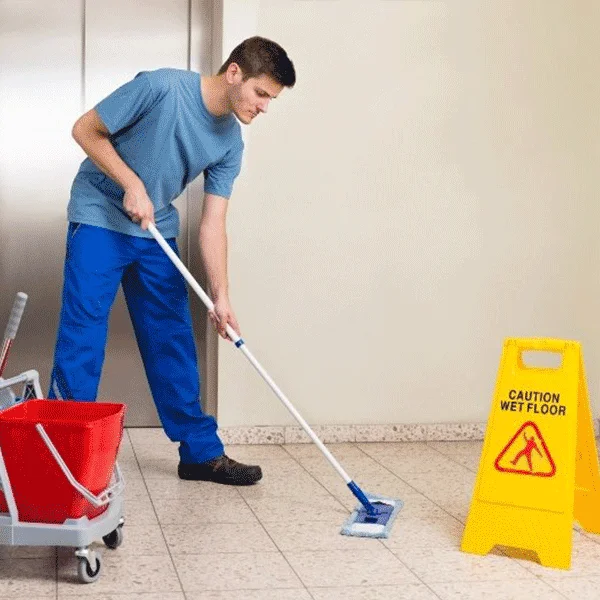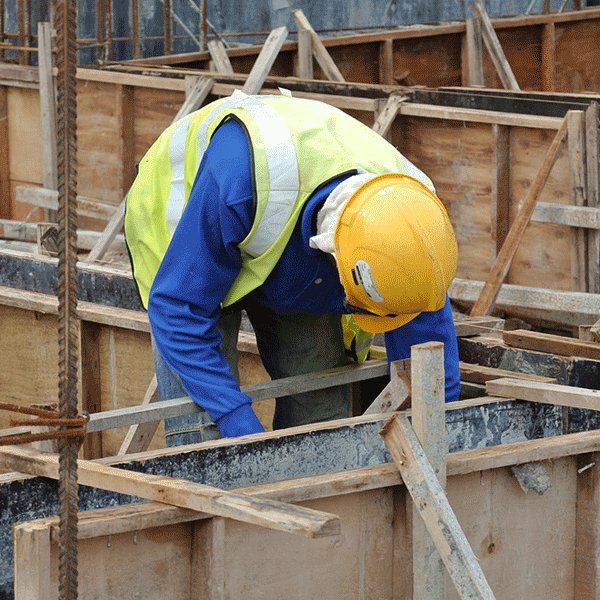FOREMAN
FOREMAN
A Foreman (or Site Foreman) is a supervisory role in construction, manufacturing, or other industries, responsible for overseeing a team of workers and ensuring that projects are completed safely, on time, and within budget. The Foreman acts as a bridge between management and workers, coordinating tasks, managing resources, and maintaining quality standards. Below is a brief overview of the role:
Key Responsibilities
- Team Supervision:
- Lead and manage a team of workers, including assigning tasks and monitoring performance.
- Provide guidance, training, and support to team members.
- Project Coordination:
- Ensure that work is carried out according to project plans, schedules, and specifications.
- Coordinate with other departments, contractors, and suppliers.
- Quality Control:
- Inspect work to ensure it meets quality standards and complies with regulations.
- Address and resolve any issues or defects.
- Safety Management:
- Enforce safety protocols and ensure compliance with health and safety regulations.
- Conduct safety briefings and inspections to prevent accidents.
- Resource Management:
- Manage materials, tools, and equipment to ensure availability and proper use.
- Monitor inventory and order supplies as needed.
- Reporting:
- Maintain records of work progress, labor hours, and materials used.
- Report to project managers or supervisors on project status and any issues.
- Problem-Solving:
- Address and resolve any on-site issues, such as delays, equipment malfunctions, or conflicts.
- Make quick decisions to keep the project on track.
Skills and Qualifications
- Leadership Skills: Ability to motivate and manage a team effectively.
- Technical Knowledge: Understanding of construction or manufacturing processes and techniques.
- Communication Skills: Clear communication with workers, managers, and other stakeholders.
- Problem-Solving Skills: Ability to address issues and make decisions under pressure.
- Organizational Skills: Efficient planning and coordination of tasks and resources.
- Certifications: Relevant certifications, such as OSHA (Occupational Safety and Health Administration) or CSCS (Construction Skills Certification Scheme), may be required.
Work Environment
- Foremen work on construction sites, factories, or other project locations.
- The job often involves working outdoors in various weather conditions and may require long hours.
- The role can be physically demanding and involves a mix of office work and on-site supervision.
Education and Experience
- Education: A high school diploma or equivalent is typically required; some roles may require additional qualifications.
- Experience: Several years of experience in the relevant industry, often starting from a tradesperson role.
- Training: On-the-job training or apprenticeships are common pathways to becoming a Foreman.







